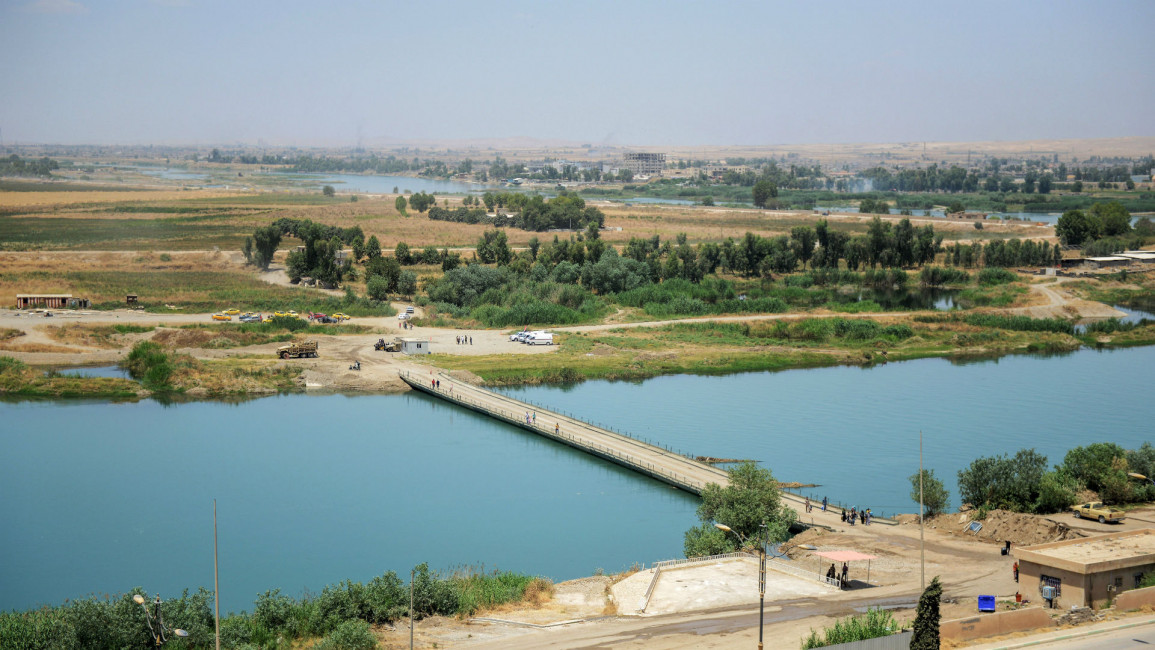Turkey seeks to reassure Iraqis over upstream Tigris dam
Turkey said Tuesday that Iraqis have nothing to fear from the filling of an upstream reservoir on the Tigris River, saying "sufficient quantities of water" would continue to flow to the neighbouring country.
Turkish Ambassador Fatih Yildiz told reporters in Baghdad that it will take nearly a year to fill the reservoir behind Turkey's Ilisu dam.
The level of the Tigris River has visibly dropped since the filling began on Friday, with Iraqis able to cross the river on foot in some places.
The Tigris and the Euphrates, which has also been affected by upstream Turkish dams, are Iraq's main source of water. The recent shortages have also been blamed on dams built on tributaries in neighbouring Iran.
The volume of the Tigris in Iraq has dropped by 8 billion cubic meters since last year, clocking in at 17 billion cubic meters as the scorching summer sets in.
Iraq's Minister of Water Resources has nevertheless sought to downplay fears of drought, saying there will be enough water for drinking and for half the normal summer irrigation.
Twitter Post
|
Hassan al-Janabi told Al-Sumaria TV on Sunday that there had been an "unfair and organized defamation campaign to spread panic among Iraqis."
He said Iraq and Turkey reached a "fair" agreement whereby Turkey will release 75 percent of the river's volume while keeping the rest to fill the dam over the next six months.
He said the two sides are set to meet again on 1 November.
However, when asked about it at the press conference, the Turkish ambassador denied any agreement had been reached.
A prolonged reduction of the river would not only affect Iraq's supply of water, but also reduce the amount of electricity it gets from hydroelectric dams and cut into farming, forcing the country to import more food.
The shortages could also affect Iraq's southern marshes, which were declared a UNESCO world heritage site in 2016.
The Iraqi dictator Saddam Hussein had drained the marshes in retaliation for a failed uprising in 1991, but they have gradually recovered in recent years.



